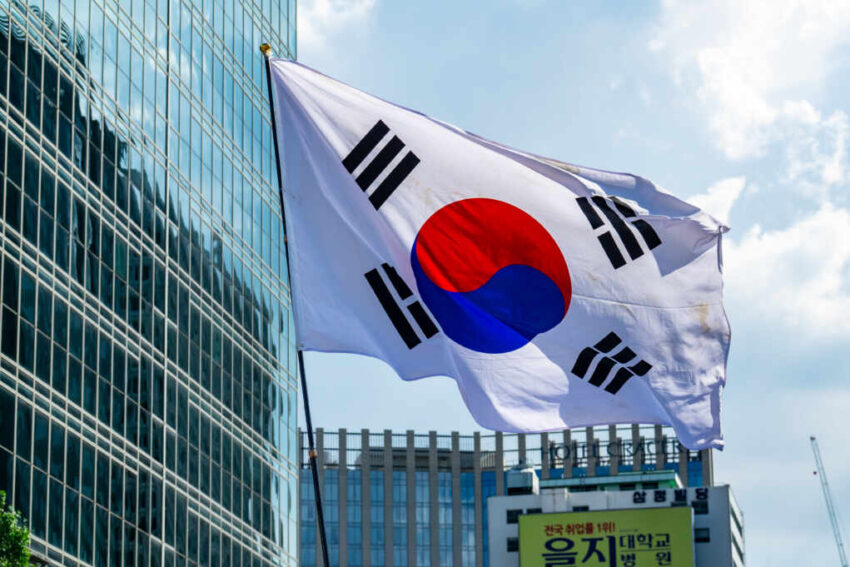South Korea’s new left-leaning president is signaling a foreign policy reset, prompting China to swiftly court Seoul—and threatening America’s longtime influence in the region.
At a Glance
- South Korea’s President Lee Jae-myung signals openness to China
- Beijing launches immediate diplomatic outreach to new government
- Lee’s stance diverges sharply from pro-U.S. predecessor Yoon Suk Yeol
- U.S. strategic position in East Asia could weaken
- China aims to expand trade and security ties with Seoul
Just days after Lee Jae-myung’s election on June 3, 2025, Chinese diplomats launched a full-scale charm offensive targeting South Korea’s new government. The ruling Democratic Party’s return to power signals a sharp turn away from former President Yoon Suk Yeol’s hawkish, pro-American posture—and China is eager to capitalize.
Lee has publicly criticized Seoul’s past “out of line” China policy, suggesting a willingness to recalibrate relations. Chinese officials have already begun dialogue with the new administration, proposing “security and trade cooperation,” which analysts interpret as a bid to dilute Washington’s strategic foothold.
Watch a report: Beijing Begins Outreach to South Korea’s New Government.
Trade Offers vs. Defense Commitments
The pivot raises serious concerns for the U.S., especially regarding the U.S.-ROK Mutual Defense Treaty and the THAAD missile defense system. While Washington provides crucial military support against North Korea, Lee’s administration appears open to reducing military dependency in exchange for improved economic ties with China—even as South Korea recently reported its first trade deficit with China in over three decades.
Lee’s approach toward North Korea is also shifting. His calls for renewed dialogue with Pyongyang align closely with Beijing’s strategy, potentially undermining years of pressure-based U.S. policy.
Strategic Stakes for the U.S.
The Trump administration’s muted response contrasts sharply with Beijing’s assertiveness. While the White House praised South Korea’s election process, it has yet to counter China’s proactive courtship. In the current geopolitical landscape, passivity may cost the U.S. dearly.
Lee has said that policy must be shaped by “given reality,” signaling a pragmatic shift that prioritizes stability over ideology. But critics argue that this could embolden China’s ambitions and weaken the regional balance of power. As China expands influence across Asia, America risks losing more than a diplomatic ally—it may be ceding its frontline in the Indo-Pacific.
Click this link for the original source of this article.
Author: Editor
This content is courtesy of, and owned and copyrighted by, https://deepstatetribunal.com and its author. This content is made available by use of the public RSS feed offered by the host site and is used for educational purposes only. If you are the author or represent the host site and would like this content removed now and in the future, please contact USSANews.com using the email address in the Contact page found in the website menu.








